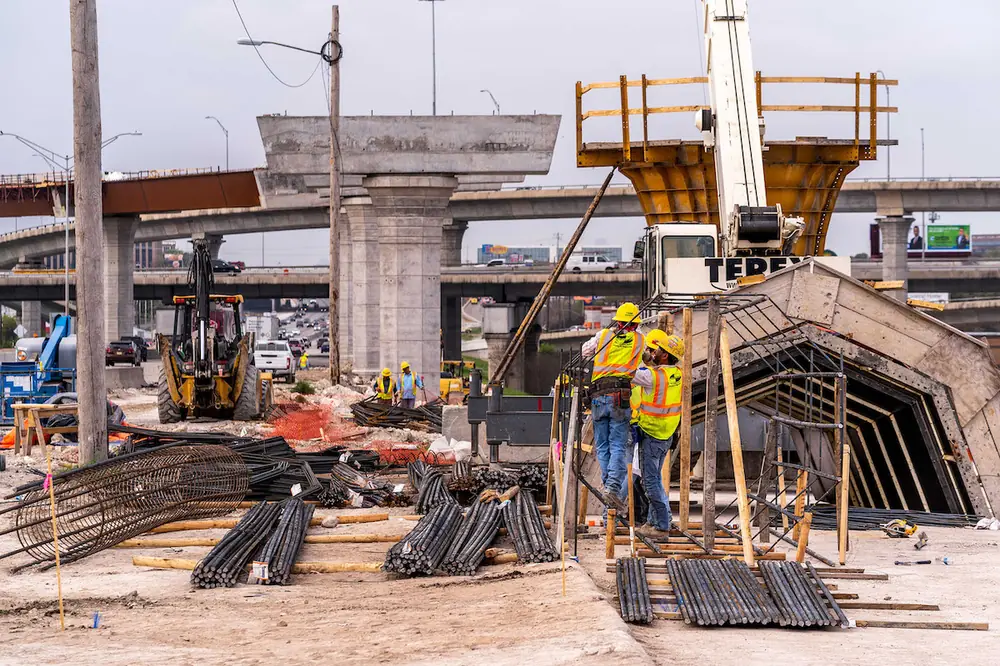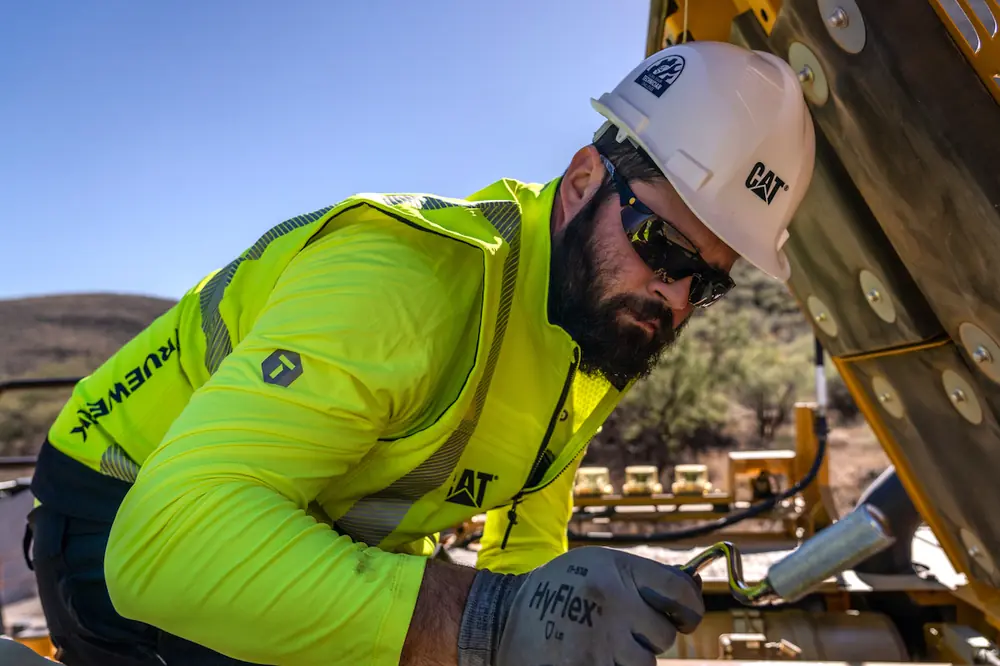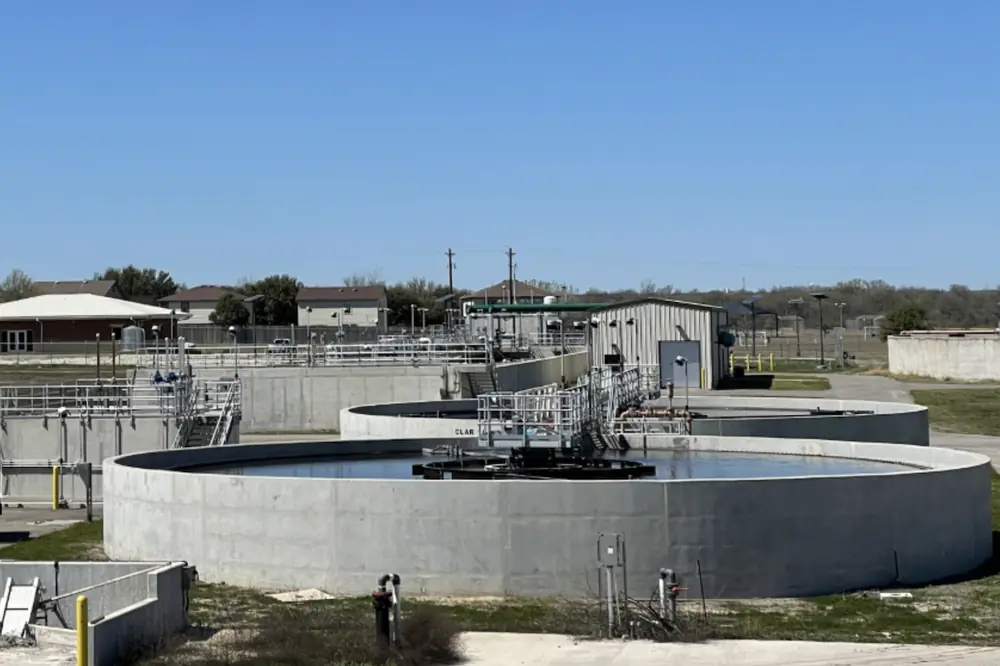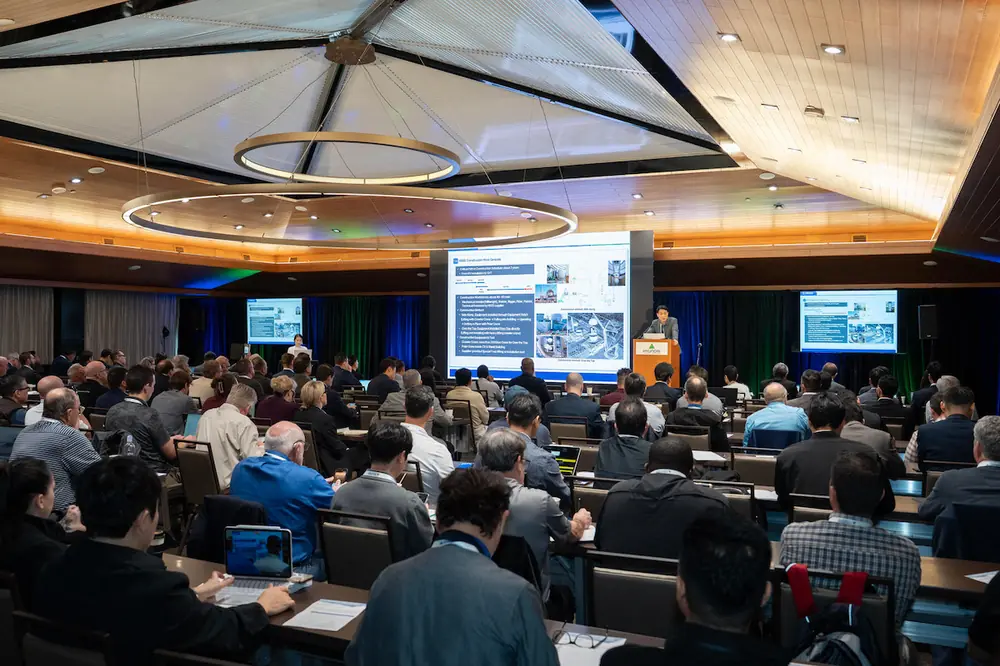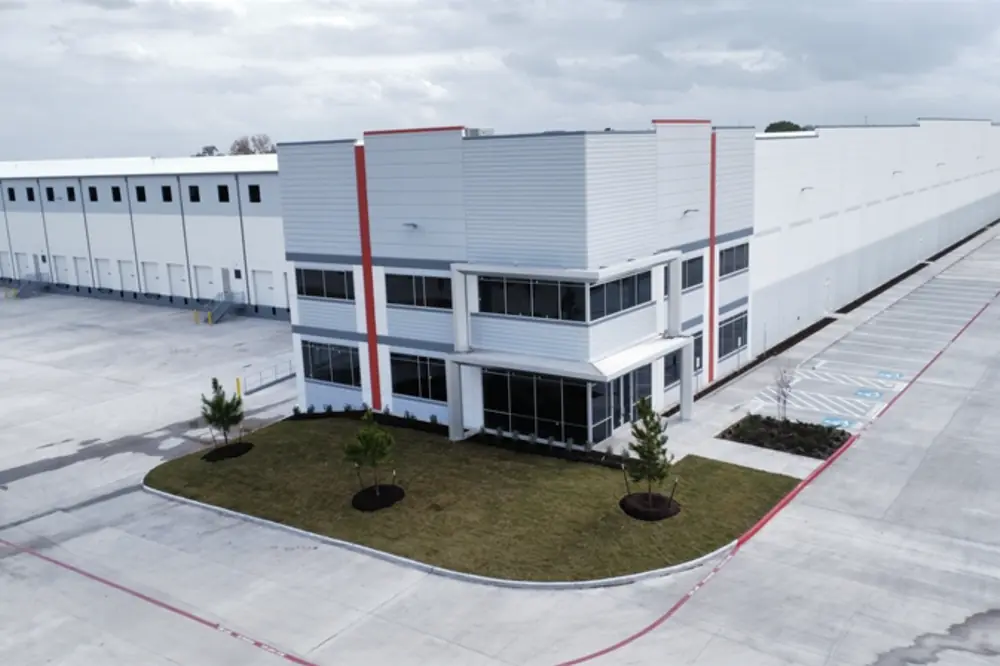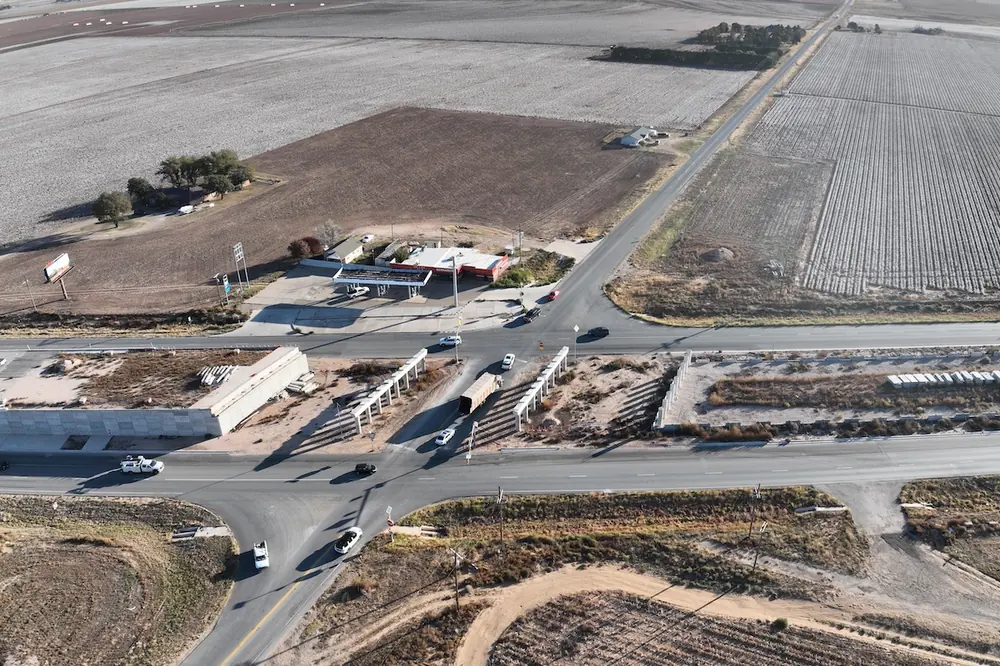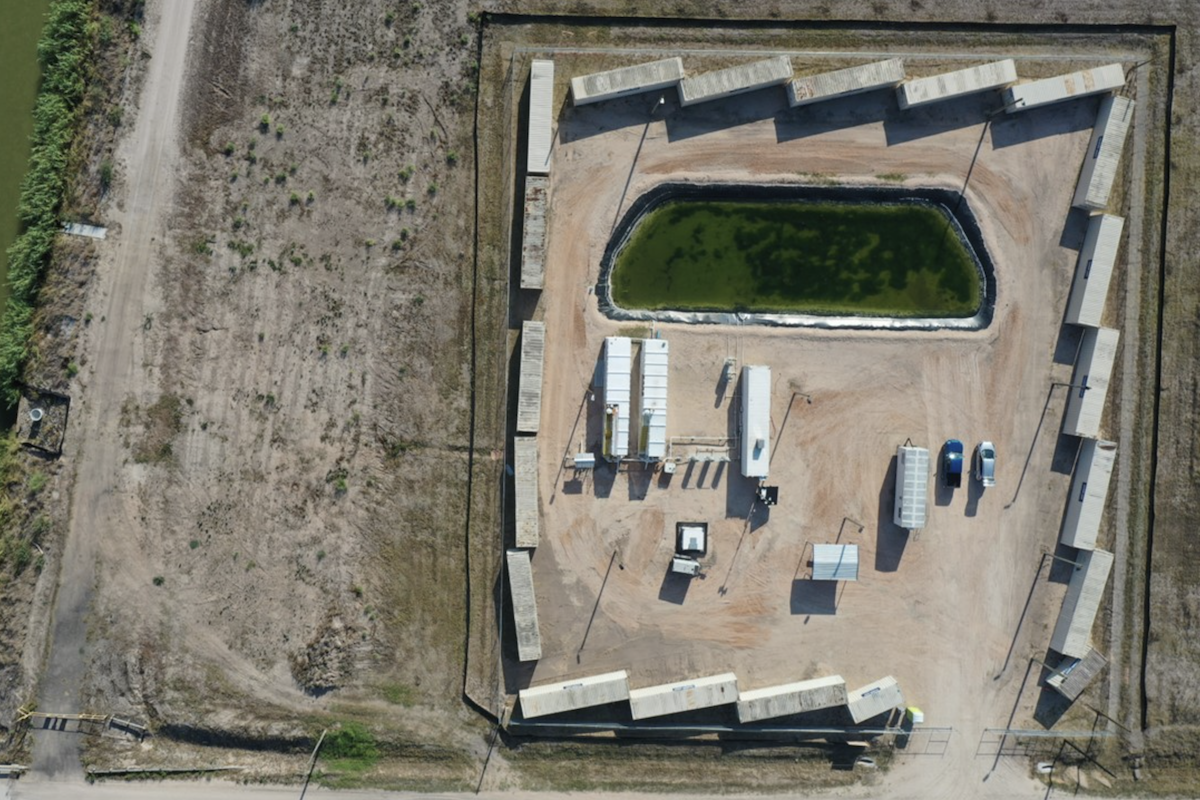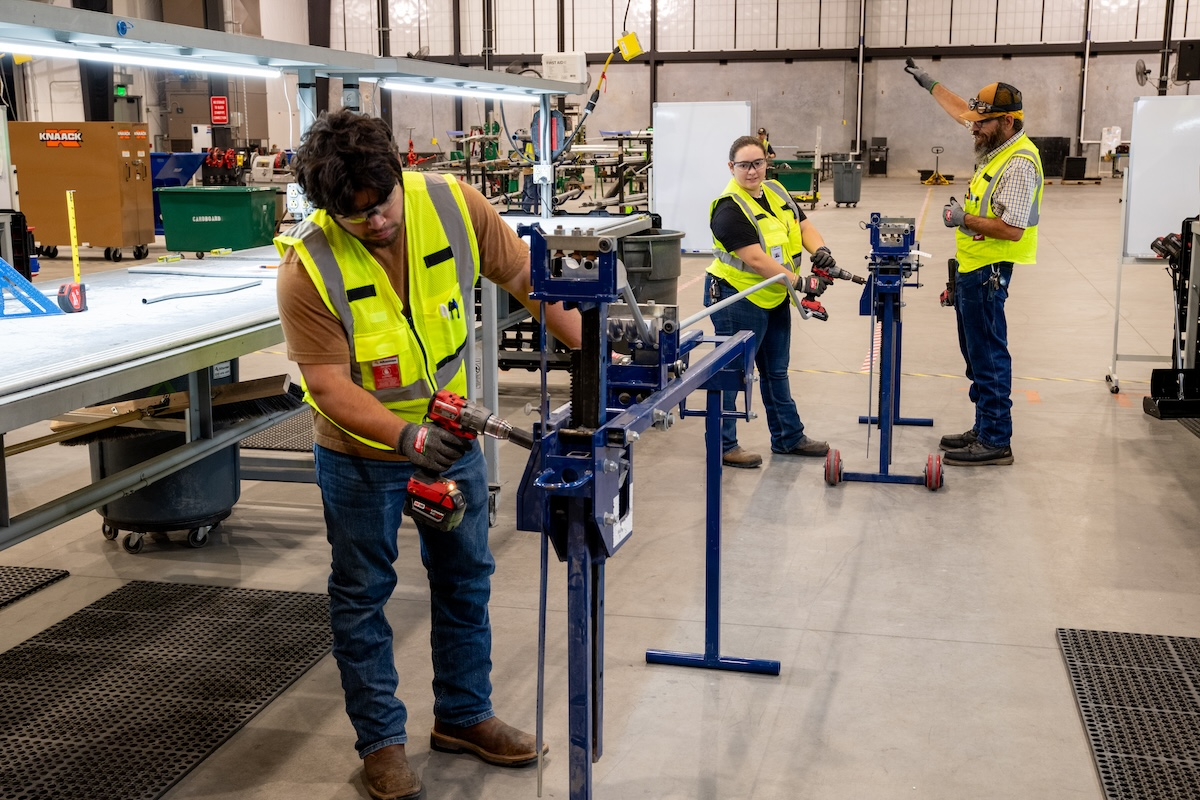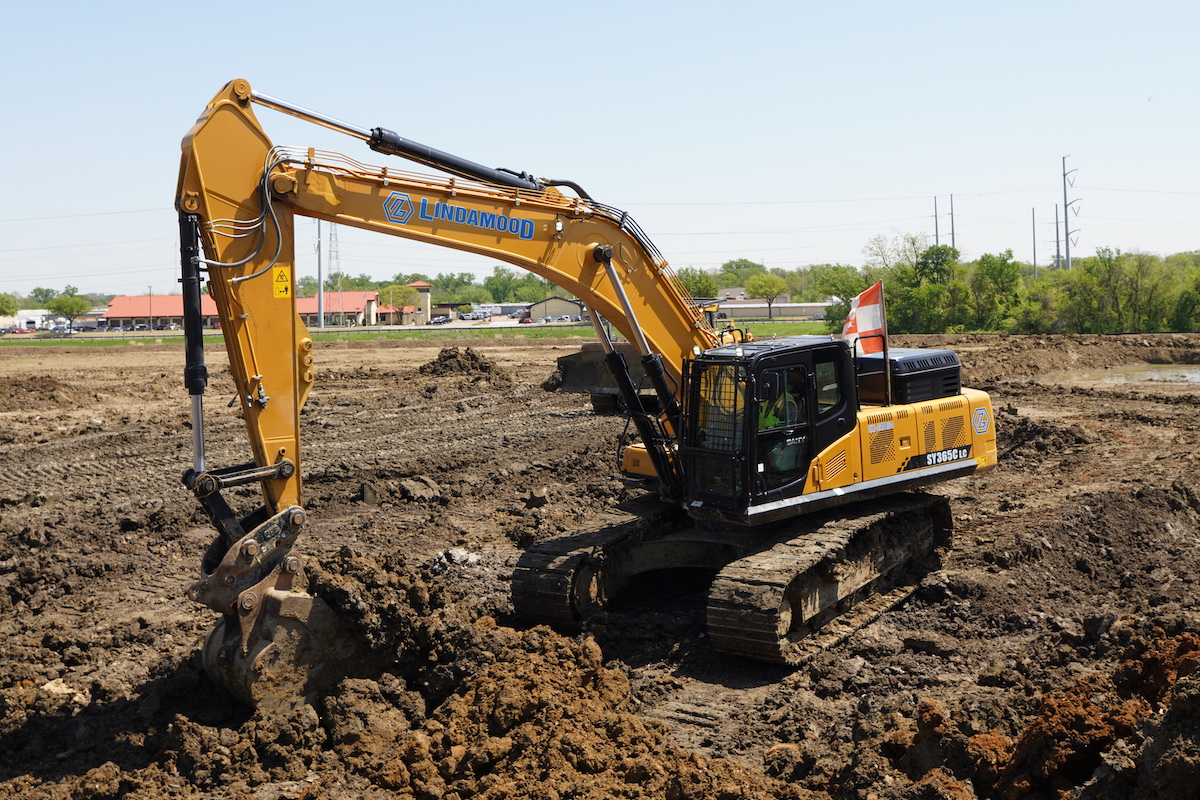Across the industry, owners, contractors, subcontractors and suppliers have all experienced significant challenges relating to the unprecedented increases in the cost of raw materials. As shown above, lumber and steel are the two notable markets that have experienced seemingly uncontrolled prices increases. Because both lumber and steel form the bedrock of many projects in both vertical and horizontal projects, the cost of performance for many projects is increasing on a monthly, if not weekly basis, leaving some builders unable to hold up their contractual obligations.
The imbalance in supply and demand causing these price increases relates back to U.S. trade policy and the tariffs introduced by the Trump administration that has resulted in increased cost of foreign materials such that domestic pricing has yet to reach equilibrium with foreign competitors as well as poorly planned production targets that were adjusted downward due to the COVID-19 pandemic and erroneous assumptions about the impact on demand.
Regardless of the root cause of the increased costs, the effect of such has left contractors dealing with substantial contractual challenges. Before resorting to breach due to the sometimes unbearable price increases, contractors and subcontractors should consider integrating a price escalation clause in their contracts.
When incorporating a price escalation clause, a contractor that may be unable to lock-in pricing for building materials at the current rate, can provide a contractually negotiated option to avoid bearing the additional expenses when prices of necessary building materials increase either prior to or after commencement of performance on a project. The following language does just that:

| Your local Astec dealer |
|---|
| Closner Equipment Co Inc |
| Closner Equipment Co Inc |
Material costs have been calculated based on the current prices for labor, equipment, and the component building materials. However, the market for building materials is considered to be volatile, labor shortages are possible, and sudden price increases could occur.
If prices have escalated due to tariffs, material shortages, labor unavailability, or any other event beyond Contractor’s control, Contractor may be entitled to an equitable adjustment in the contract sum.
A price escalation clause drafted in a manner that favors the contractor over an owner might provide safeguards for the contractor while shifting the burden to the owner to bear the increased expense. By way of example, a contractor may incorporate a process that includes providing notice of the cost increase to the contracting party, and then seek the contracting party’s approval for the excess cost.
Any claim by Contractor for an equitable adjustment, as provided above, shall require written notice delivered by Contractor to Owner stating the increased cost for the labor, building materials, or equipment in question, and the source of supply supported by invoices, bills of sale, payroll reports, pricing sheets, work orders, etc. to substantiate the equitable adjustment, and such supporting data shall be subject to Owner’s satisfaction.
Owner shall consider all provided pricing data, and subject to Owner’s approval, Owner shall issue an adjusted price prior to commencement of the project.

| Your local Stewart-Amos dealer |
|---|
| Closner Equipment Co Inc |
| Closner Equipment Co Inc |
In the event Owner elects, in its sole discretion, to reject Contractor’s request for equitable adjustment, Contractor is not excused from continuing performance. However, Owner reserves its right to submit a claim through the dispute resolution process set forth in this Agreement. Owner’s failure to continue performance under these circumstances shall be considered a material breach of this Agreement.
The above language requires notice to the owner, and while it provides an obligation to provide data for owner review, the owner’s has an obligation to allow for an adjustment or reserve claims and proceed to dispute resolution.
An alternate approach that would favor the upstream contracting entity, might utilize a price escalation clause that requires a threshold increase be met before entitlement to an adjustment.
If the cost of any specified building materials escalate by more than ____ percent when compared to the pricing provided by contractor in its proposed schedule of values due to tariffs, material shortages, labor unavailability, or any other event beyond Contractor’s control, Contractor shall notify the Owner in writing of the percentage of the increase and the source of supply supported by invoices, bills of sale, payroll reports, pricing sheets, work orders, etc. to substantiate such notice. Upon receipt of notice, the difference between the price as adjusted and the base-price plus the referenced percent increase may be requested for an equitable adjustment.
Of course, price escalation clauses can appear in contracts in many different forms and with risks allocated differently based on the agreement of the parties. The above examples demonstrate two approaches. However, clauses can shift risk downstream to subcontractors, distribute the risk equally, or even address known or anticipated increases through collateral clauses such as contingency or savings clauses.

| Your local Broce Broom dealer |
|---|
| Nueces Power Equipment |
| Nueces Power Equipment |
Regardless of where or how a contracting party may choose to address the present reality of material price escalations, the reality in today’s industry is that construction costs are rapidly rising due to factors beyond the control of owners, contractors, and subcontractors. Recognizing this reality and including contractual language that addresses the current market conditions can help in fairly allocating risk and preventing default that may lead to even greater costs and intolerable risk.












